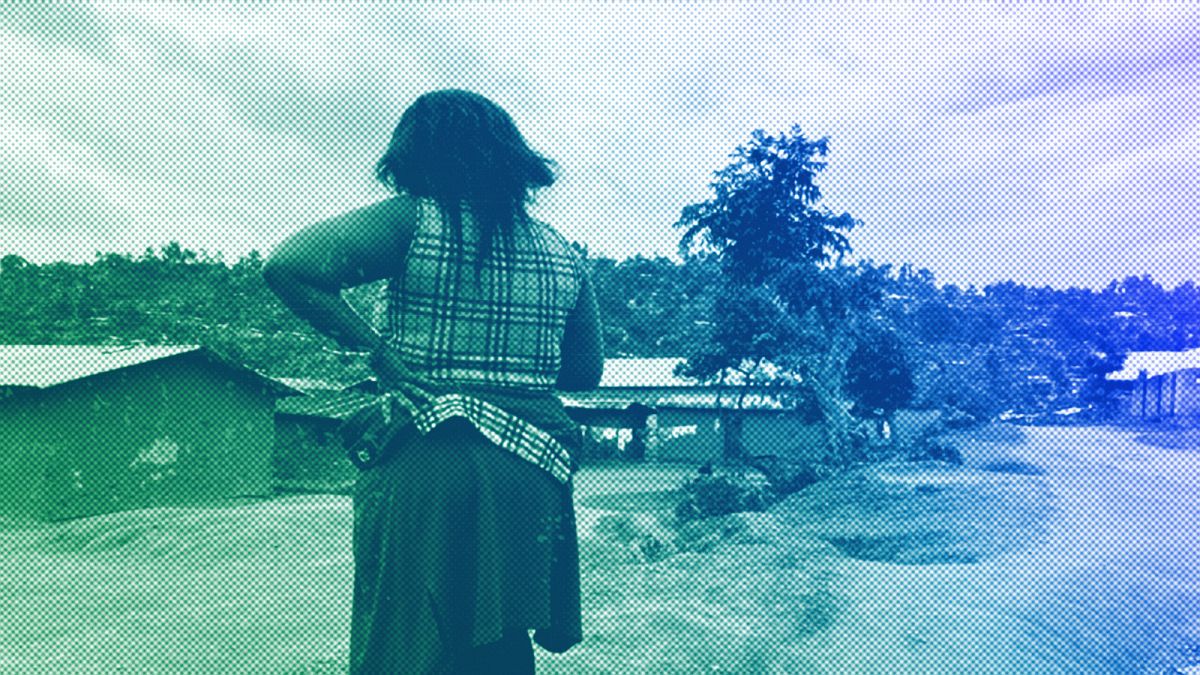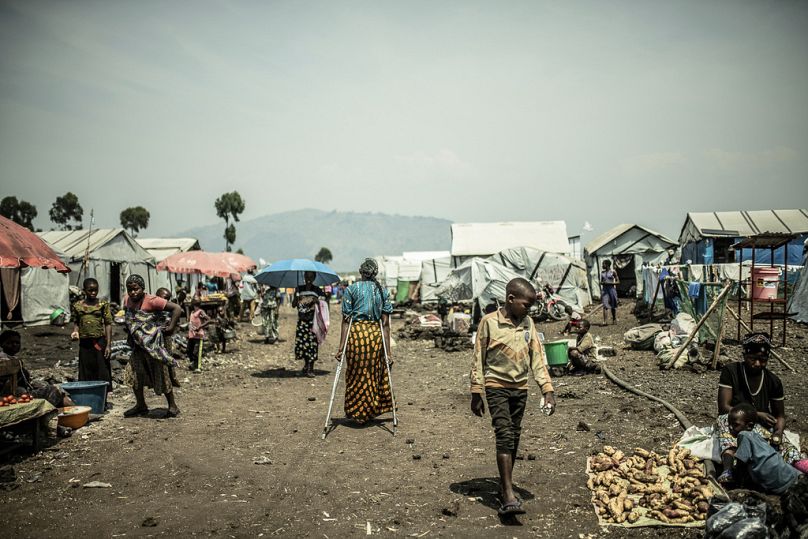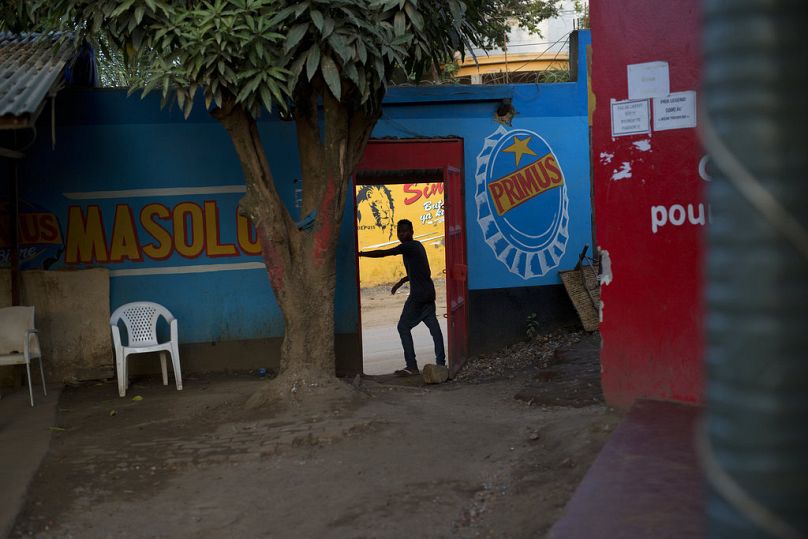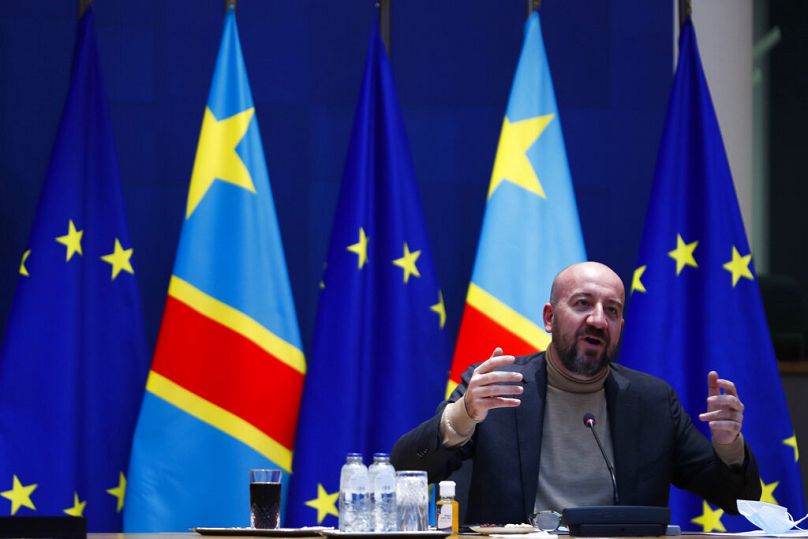Historically, we know that conviction rates for these crimes are shockingly low. How can we expect or encourage survivors to come forward when so few cases ever succeed, Nadine Tunasi writes.
Sexual violence is a crime against humanity. It is brutal, deliberate and intended to punish and humiliate people and their communities.
And more and more, we’re seeing sexual violence being used as tactics of war, torture and terrorism in conflicts across the globe.
The recent reports coming out of the Democratic Republic of Congo (DRC), my home, are deeply alarming. The DRC has become a very dangerous place to be a woman, let alone a little girl.
Victims of conflict-related sexual violence suffer from physical and psychological trauma, long-term injuries, and HIV infection, and some have died.
Women are forced to deal with unwanted pregnancies, mothers bear the brunt of being excluded by their own families and communities, and men and boys face health and legal barriers because of stigma.
The impact of sexual violence is pervasive and destructive. And the sheer number of people affected by sexual violence shows just how many families and communities are impacted and destroyed.
The repetition of sexual violence keeps survivors living in constant fear and feeling vulnerable to further attacks.
No faith in the system, no trust in the authorities
When you live in a country where there is no rule of law, and where those who perpetrate serious crimes get away with impunity, you can only worry. It’s impossible to feel safe.
The available statistics on survivors of global conflict-related sexual violence are unhelpful because we know that, where they have been done, studies in national contexts show that in peacetime around 90% of rape survivors never report what’s happened to them. In conflict settings the barriers to reporting only increase.
There’s a multitude of reasons why survivors don’t go to the police — because they have no faith in the justice system or little trust in the authorities, or they might have grave concerns about how they could be treated, and they fear for their safety.
Historically, we know that conviction rate for these crimes is shockingly low. How can we expect, or encourage, survivors to come forward when so few cases ever succeed?
Currently, it’s civil society and survivor-led organisations who are leading the charge when it comes to raising awareness of conflict-related sexual violence.
And although many survivors are grateful for the ongoing conversation on this issue, we face a real challenge now of converting global awareness into tangible support that gives those affected the chance to rebuild their lives.
Right now, not enough survivors are being given the assistance they need.
All survivors deserve the same compassion and care
Many survivors want to see their own countries taking concrete steps towards preventing, stopping, and responding appropriately to conflict-related sexual violence.
We need to see those in charge taking control so that we can all feel safe and enjoy our fundamental human rights.
Laws need to be promoted that condemn stigma in all its forms and treat survivors with dignity and care. And importantly, all survivors must be treated with the same compassion and care regardless of their gender, ethnicity, age, or sexual orientation.
Survivor participation is essential in this fight. It’s such an important tool for how we can strengthen support, services and justice pathways in a survivor-centred way.
When I became Survivor Champion, along with my colleague Kolbassia Hauossou, I knew that part of my role was to make space and create a platform so that more survivors can take part in the Preventing Sexual Violence in Conflict Initiative.
Through my work, I’ve had the opportunity to meet many survivors from different countries and I am always inspired by their determination and resilience.
Human rights are 'all or nothing'
But it’s not just up to survivors.
The international community has an imperative part to play in the response to conflict related to sexual violence. But it urgently needs to overcome a shameful history of double standards.
All too often we see the international community quickly condemn some aggressors but turn a blind eye to others.
All perpetrators must be condemned and held to account no matter what their geographical positioning or political importance may be. No matter where they come from, survivors suffer greatly, and they should not be left to suffer in silence just because of the country they are in.
The response we saw following the invasion of Ukraine was impressive, but there are many more survivors in other countries, like Iran, Sudan, Guatemala, and the DRC who have been effectively ignored.
It’s so important that there is a consistent international response — there cannot be avenues for accountability for international crimes in some countries and a total absence in others. We either all have human rights, or none of us do.
The DRC government must be called to account
I now live in the UK and have been able to rebuild my life, but what is happening in my home country is devastating.
The international community must call on the DRC government to take a stand on what’s been going on.
They have a responsibility to start a national conversation, about conflict-related sexual violence, and to take concrete steps to prevent it.
The aggressors are getting away with appalling sexual crimes, while their international allies appear content to look the other way.
I’m calling on the international community to stop the double standards and respond effectively to what is happening.
My people are suffering, and the war has been going on far too long. It’s time for the perpetrators of sexual violence to be condemned and held to account, and for survivors to be given support, care and access to justice.
Nadine Tunasi is a member of Survivors Speak OUT, a torture survivor-led activist network at Freedom from Torture.
At Euronews, we believe all views matter. Contact us at view@euronews.com to send pitches or submissions and be part of the conversation.



